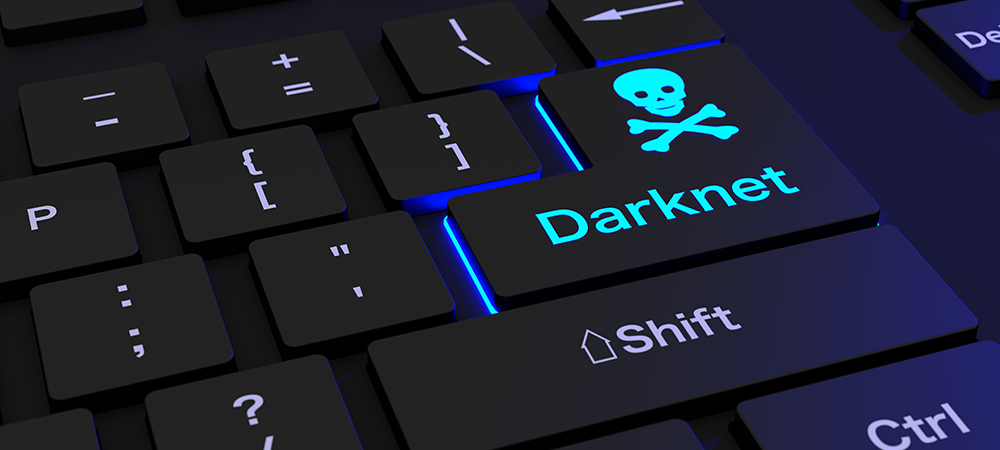Darknet links are rapidly emerging as vital instruments in fostering a new era of digital privacy, freedom, and autonomy across the globe. In an online world increasingly dominated by surveillance, data tracking, and centralized control, the darknet provides an alternative digital landscape where individuals can reclaim their right to anonymity and free expression. These links, which serve as access points to hidden services on encrypted networks like Tor and I2P, offer users the ability to browse and communicate without revealing their identities or physical locations. This aspect is especially crucial in countries with strict censorship laws or authoritarian regimes, where accessing certain information or expressing dissenting views can lead to persecution, imprisonment, or worse. In such environments, darknet links become lifelines for whistleblowers, journalists, activists, and ordinary citizens seeking to voice their opinions or access uncensored content. Beyond political contexts, darknet links are also becoming tools of empowerment for those concerned about data exploitation by tech giants and third-party advertisers. With mainstream websites routinely harvesting user data for profit, the darknet offers a refuge where individuals can avoid being reduced to mere data points.

It allows users to communicate securely through encrypted email services, engage in discussions on uncensored forums, and access libraries of knowledge that may be banned or restricted elsewhere. This level of digital autonomy resonates strongly with privacy advocates, ethical hackers, and digital rights organizations that push back against the normalization of surveillance capitalism. Furthermore, darknet links are helping build decentralized communities that prioritize mutual trust, peer-to-peer exchange, and self-regulation. In contrast to the top-down governance structures of surface web platforms, darknet forums and marketplaces often rely on user feedback and reputation systems to ensure fair conduct. While this space is not without its challenges such as illegal activities that exploit the same anonymity for harmful purposes it is important to recognize the darknet’s potential for fostering digital environments rooted in consent, transparency, and individual agency. Many researchers and open-source developers use these networks to experiment with privacy-preserving technologies that could eventually enhance the mainstream internet. The rise of darknet links also signifies a broader cultural shift toward rethinking what a secure and free internet should look like.
When users access content via darknet links, they typically use anonymizing tools that mask or randomize these identifiers, making digital fingerprinting significantly harder for third parties to achieve. As a result, users are less vulnerable to targeted cyberattacks or behavioral tracking that exploits their digital habits. In an age where people are more aware of cybersecurity threats, government overreach, and the erosion of online privacy, darknet technologies are fueling innovation in areas like decentralized hosting, encrypted messaging, and blockchain-based identity systems. They are pushing the boundaries of what is possible in creating a more resilient and equitable digital world. In essence, darknet links are not just pathways to hidden websites they are symbolic of a growing demand for digital spaces that respect human rights, foster independence, and protect the integrity of communication. As global internet users become increasingly savvy and privacy-conscious, the darknet’s role as a parallel ecosystem for secure, free, and autonomous interaction will only continue to grow in importance. By promoting these values, darknet links are helping to reshape the narrative of the internet from one of control to one of empowerment.
